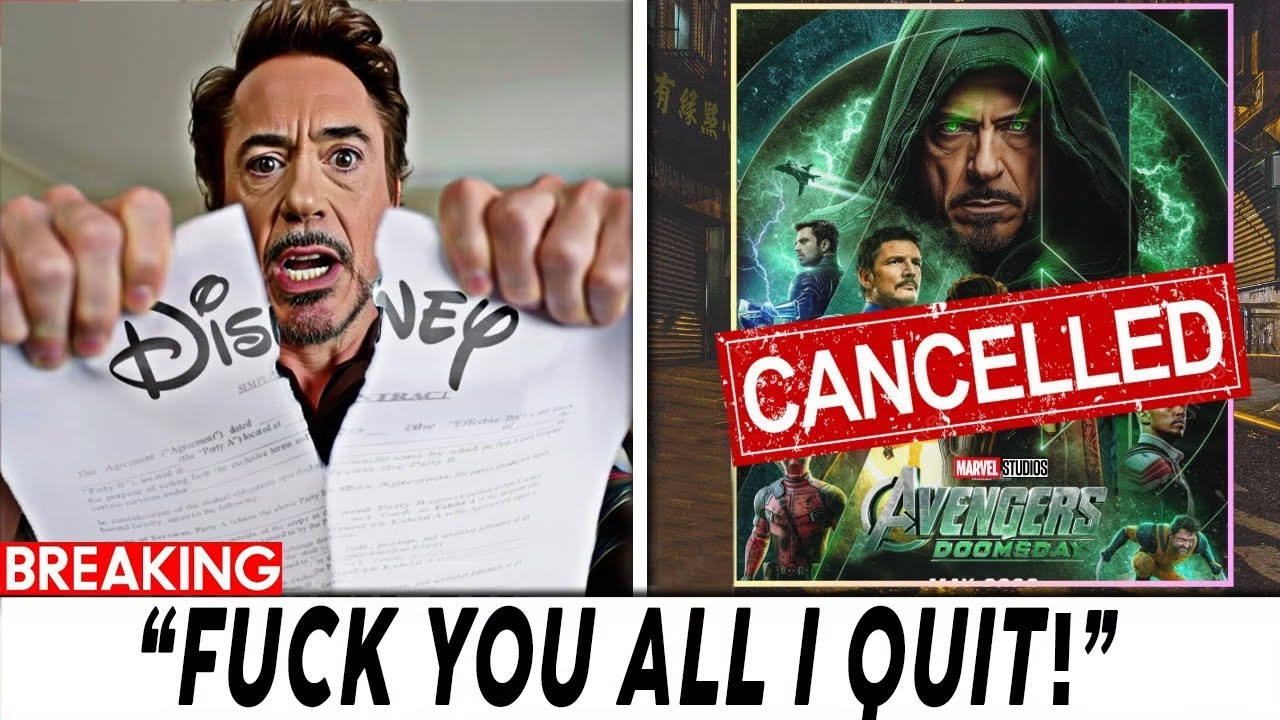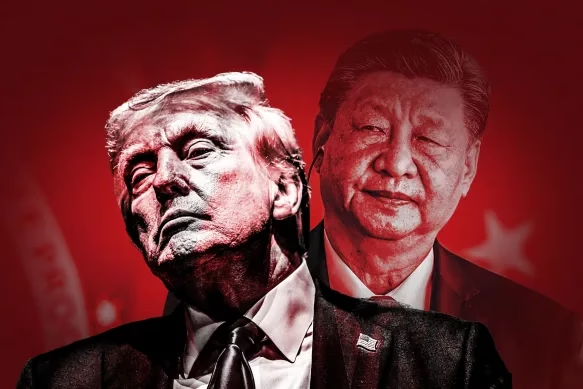
The latest flashpoint in America’s political and cultural divide unfolded this week when Elon Musk called Alexandria Ocasio-Cortez (AOC) an “awful person.” His comment followed the progressive congresswoman’s sharp criticism of Charlie Kirk’s rhetoric, which she described as “ignorant and uneducated.”
The clash came in the wake of a contentious House resolution introduced by Republican Speaker Mike Johnson and backed by 165 GOP members, which sought to honor Kirk as a “courageous American patriot.” The measure immediately stirred controversy, drawing strong opposition from Democrats, including AOC, who argued that Kirk’s public remarks over the years made him unworthy of such recognition.
A Divided House: How the Vote Played Out
The resolution passed along party lines but underscored the stark political polarization gripping Washington. Republicans rallied in support, presenting Kirk as a defender of free speech and conservative values.
Democrats, however, saw things differently. Fifty-eight Democrats voted against the resolution, while another 38 voted “present” and 22 abstained.
Ocasio-Cortez was among the most vocal opponents. In her speech before the vote, she challenged her colleagues to look beyond partisan loyalty and examine Kirk’s record.
“This rhetoric is not just controversial—it is ignorant, uneducated, and dangerous,” AOC said. “To enshrine Charlie Kirk as a symbol of American patriotism is to ignore the harm his words have caused.”
Her passionate remarks drew applause from fellow progressives but provoked sharp backlash from conservatives and allies of Kirk.
Elon Musk Joins the Fight on Social Media
Not long after AOC’s comments circulated online, Elon Musk weighed in on his platform X (formerly Twitter). The Tesla and SpaceX CEO, known for his blunt posts, responded by calling AOC an “awful person.”
Musk offered no further explanation, but the brevity of his remark was enough to ignite headlines and spark furious debate. Supporters of Musk applauded his stance, while critics accused him of fueling hostility in an already toxic political environment.
The incident once again demonstrated the outsized role social media plays in amplifying partisan disputes. What might once have remained a House floor debate quickly escalated into a national spectacle with one of the world’s most influential billionaires entering the fray.
Why AOC Targeted Charlie Kirk
AOC’s opposition stemmed from years of what she and other Democrats see as divisive and inflammatory statements from Kirk, the founder of Turning Point USA. She pointed to remarks Kirk has made on issues such as civil rights, immigration, and race, which critics say cross the line from conservative advocacy into rhetoric that marginalizes entire communities.
To AOC, honoring Kirk sends the wrong signal about who America chooses to elevate.
“When Congress bestows honor, it must reflect unity, inclusivity, and respect for all Americans,” she said. “This resolution does none of those things.”
Her stance aligns with her broader political identity as a champion of progressive values and a critic of far-right voices she believes undermine democratic norms.
Republicans Defend Kirk
Republicans defended the resolution, portraying Kirk as a courageous activist fighting for free expression. For them, the vote was about affirming conservative values in the face of what they see as liberal overreach.
House Speaker Mike Johnson called Kirk a patriot who “works tirelessly to strengthen the Republic.” Other Republicans framed Democratic opposition as an attack on free speech itself.
The stark contrast in framing—one side seeing Kirk as a unifier, the other as a divider—illustrates just how deep America’s ideological fault lines run.
What Musk’s Insult Reveals
Musk’s decision to personally insult AOC shows how the boundaries between tech, politics, and culture wars continue to blur. His growing involvement in U.S. politics, whether through posts on X or his frequent critiques of progressive leaders, places him firmly inside national debates beyond his business ventures.
For AOC, Musk’s words were nothing new. She has sparred with him before on issues like worker rights, taxation, and social justice. Their latest clash adds yet another chapter to their ongoing feud.
Broader Implications
This dispute raises larger questions about American politics today:
- What qualifies someone for honor? Is free speech alone enough, or should rhetoric that alienates millions disqualify a person?
- Does social media inflame polarization? Musk’s “awful person” remark may seem small, but it magnified the conflict far beyond the House chamber.
- What is the role of billionaires in politics? Musk’s interventions increasingly shape narratives, drawing attention away from nuanced debate and toward personal attacks.
Conclusion: A Clash That Reflects a Divided Nation
The exchange between Musk and AOC, triggered by a resolution about Charlie Kirk, reflects more than personal animosity. It highlights the deep divisions shaping American identity, values, and politics.
When Elon Musk calls AOC an “awful person,” and when AOC labels Charlie Kirk’s rhetoric as “ignorant,” both statements echo the profound polarization of America today. Beyond the insults and headlines, the debate ultimately asks: Whose voices deserve honor, and what values should define the nation’s heroes?



